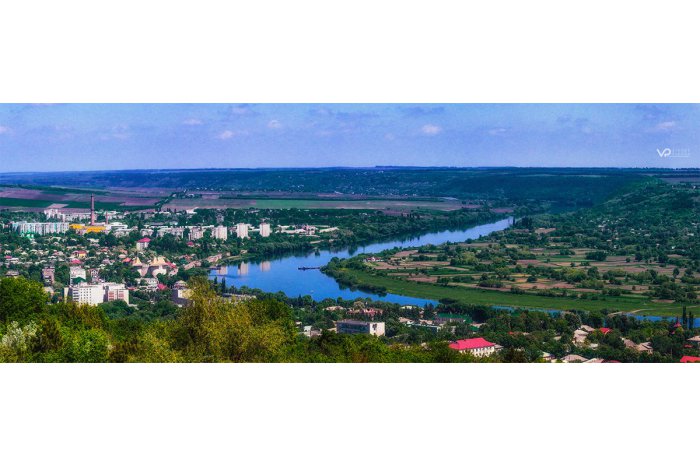According to study: social factors prevent from developing towns on both banks of Dniester in Moldova
22:48 | 28.02.2018 Category: Regional
Chisinau, 28 February /MOLDPRES/ – The small towns on both banks of the Dniester river have development potential, but factors such as migration, aging and lack of jobs prevent it from being capitalized. This conclusion was reached by a group of researchers which assessed potential for sustainable development of small towns bordering the Dniester river within framework of the EU – funded: Support to confidence – building measures programme implemented by United Nations Development Programme (UNDP).
The analysis, which results were made public today, included localities with a population of up to 50,000 inhabitants – nine cities on the right bank of the Dniester (Soroca, Floresti, Soldanesti, Rezina, Orhei, Criuleni, Anenii Noi, Stefan Voda and Causeni) and six on the left bank (Camenca, Rabnita, Dubasari, Grigoriopol, Slobozia and Dnestrovsc). Their potential was analyzed on the basis of several statistical indicators correlated with Sustainable Development Agenda 2030.
There is a demographic decline in all analyzed cities on left bank of the Dniester and in three cities on right bank (Criuleni, Orhei and Stefan Voda) by report data. This is due to drastic decrease in birth rates, increase in mortality rate and aging index, especially in Dubasari, Dnestrovsc and Camenca. In most other small towns on right bank, natural growth of population is positive and represents a development potential that can still be harnessed.
The potential for economic development of small towns was analyzed by production and main sources of income for inhabitants. However, highest value of production per inhabitant is registered in Criuleni, Ribnita, Rezina and Anenii Noi ($3,188 – $6,721), and lowest value of the production is recorded in Soldanesti and Camenca ($137 and, respectively, $339). The average monthly nominal earning of an employee in small towns in the Dniester valley ranges from $174 in Stefan Voda to $337 in Ribnita. Similarly, average monthly pension is from $52, in Soldanesti, to $118 in Dubasari and $121 in Ribnita.
The quality of life of small town residents depends on their health, living conditions and equal opportunities that they can take in making decisions. As such, there are attested highest rates of mortality, including cancer, in localities of Camenca and Dubasari, being 1.5 times higher than average in the small towns of the Dniester valley. At the same time, Rezina has the highest rate of infant mortality (18.6 cases per 1,000 live births).
"The study and recommendations results can be used by local leaders to determine most effective forms and methods of planning public spending, attracting investment and reducing social and economic development imbalances. The representatives of the civil society will be able to use both data from study and complex analysis of factors of sustainable development for elaboration of proposals for territorial development projects," said Project Manager at UNDP Moldova, Aurelia Spataru.
(Reporter L. Grubii, editor L. Alcaza)

